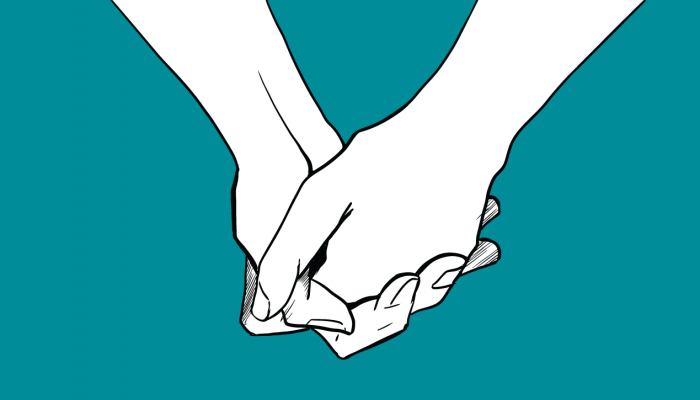In America, 18% of girls and 12% of boys report having an unwanted sexual experience as early as middle or high school; and 20% of women report being sexually assaulted while in college. The majority of victims know the person who assaulted them. But, fewer than 50% of victims ever tell someone about the assault.
Sexual assault can happen regardless of age, sex, income, race, ethnicity, or gender identity. A nonconsensual act that includes any situation in which there is nonvoluntary sexual contact with or without penetration that occurs as a result of physical force or coercion or impairment due to alcohol or drugs is considered a sexual assault.
Young men and women who survive it often feel ashamed and believe that they should have been able to fend off the perpetrator or avoid the assault all together; adopting the narrative that they should have been able to predict and then avoid their assailant.
The roar of survivors and allies alike can no longer be ignored or silenced: No one deserves to be assaulted and what happened to you was in no way your fault.
Helping young men and women to avoid high risk situations may reduce the likelihood of being a victim, as well as being a perpetrator. This means rethinking how we talk and think about sexual violence to include ways how each and every one of us can take responsibility and accountability for our actions, in that moment, in the weeks after, and in the decades after. Too often the emphasis is on the victim and how they should or should have conducted themselves to avoid the predatory actions of others; rather than giving everyone the tools they need to navigate risky situations and the consequences of their behavior.
This is not a women’s issue, this is not a victim’s issue, this is a culture issue. Too many in our culture legitimately believe that sexual violence is a an outgrowth of “boys will be boys,” and that way of thinking harms boys, girls, everyone.
For young men and women who have experienced an assault, it is important they feel in control of sharing their experience. Whatever the reason victims might not disclose, one thing that is certain is that we all need to work together to create safer spaces for listening and healing the many women and men who have survived.



